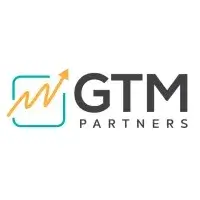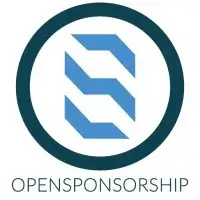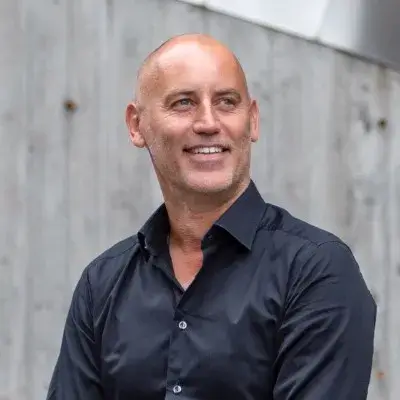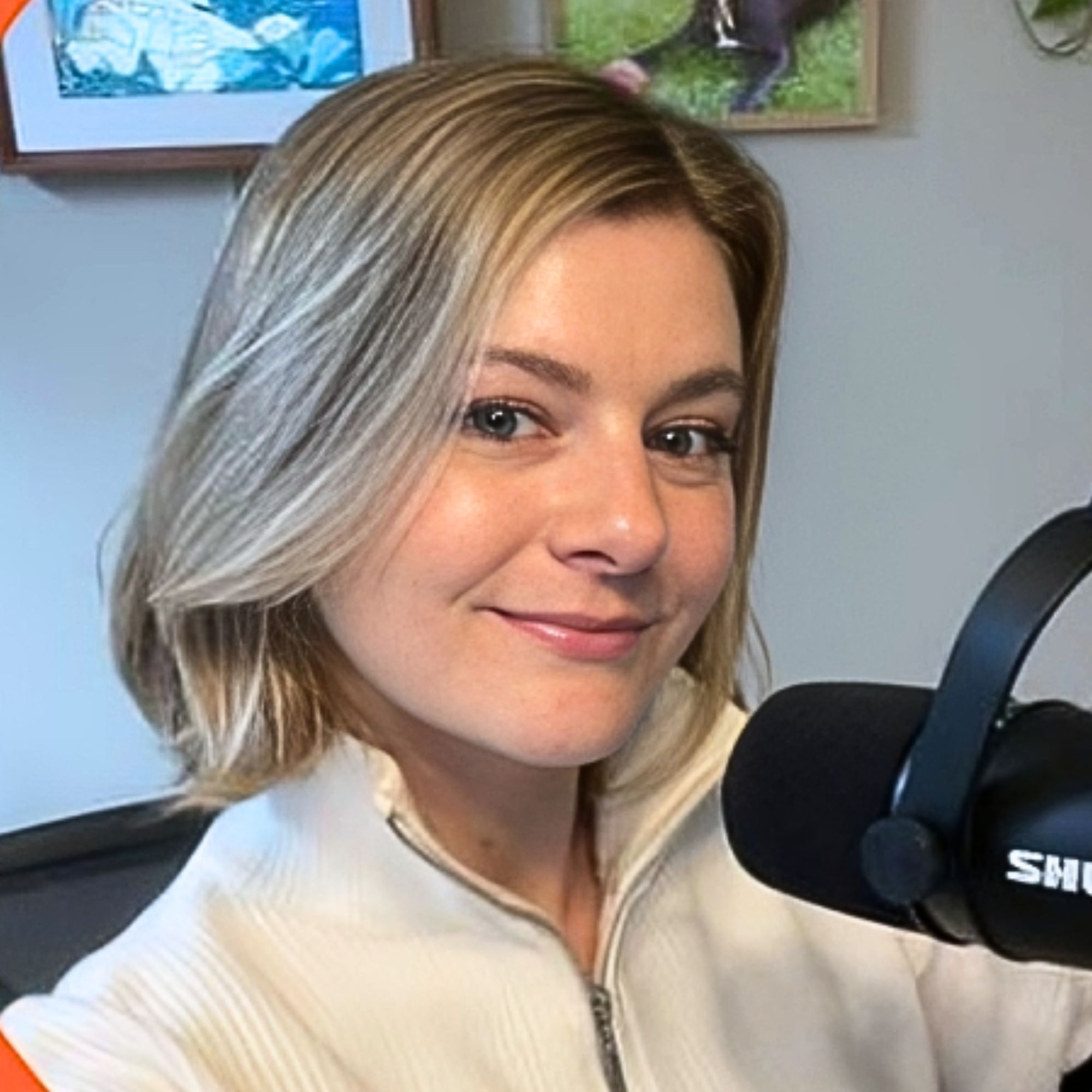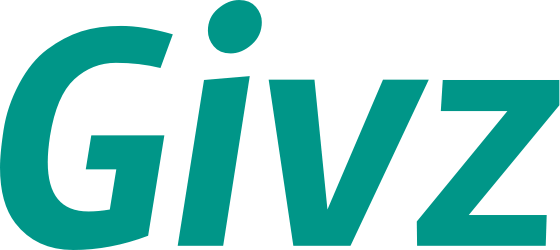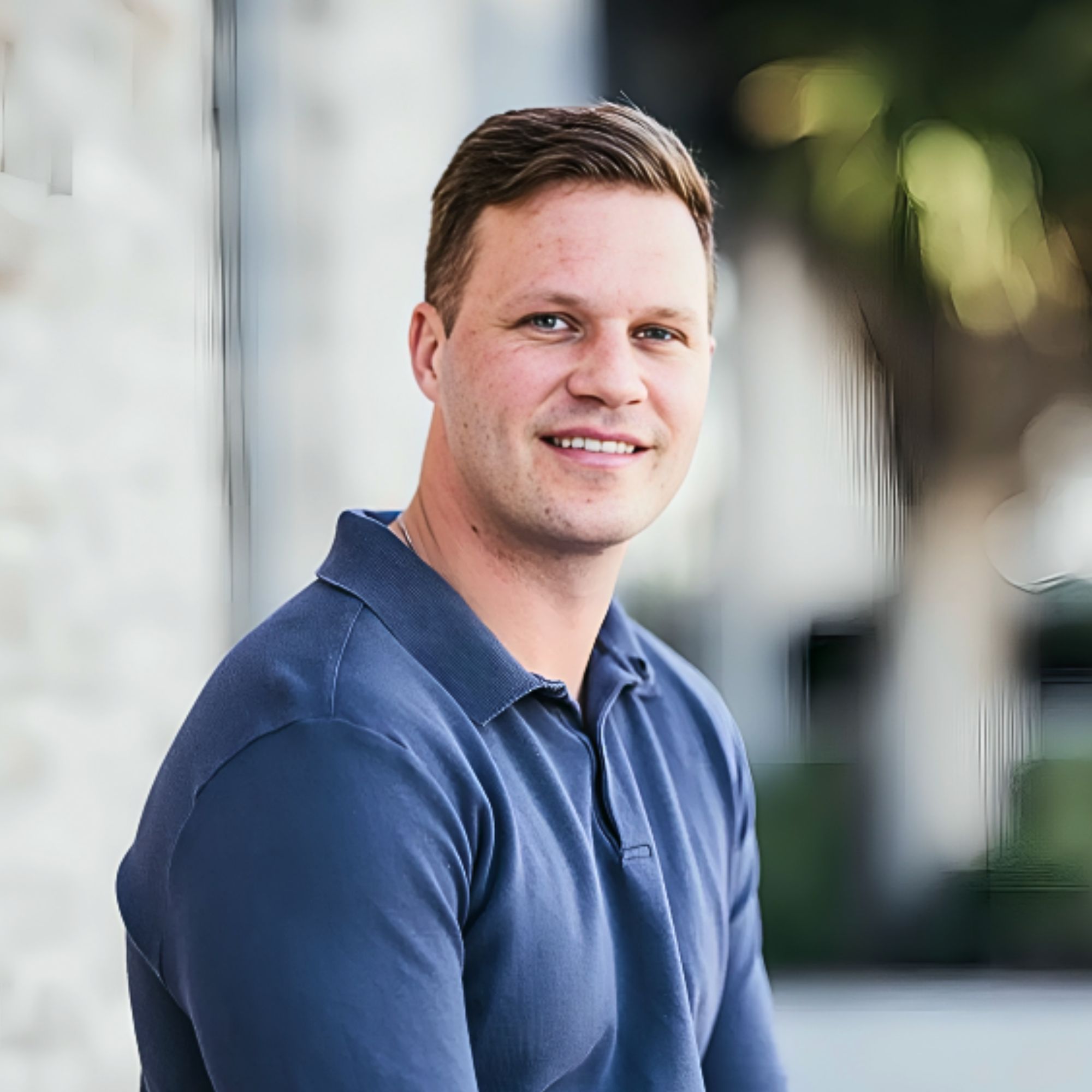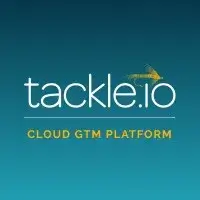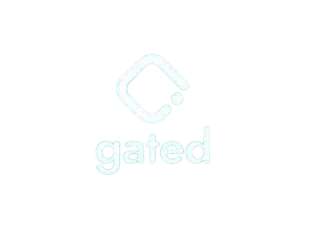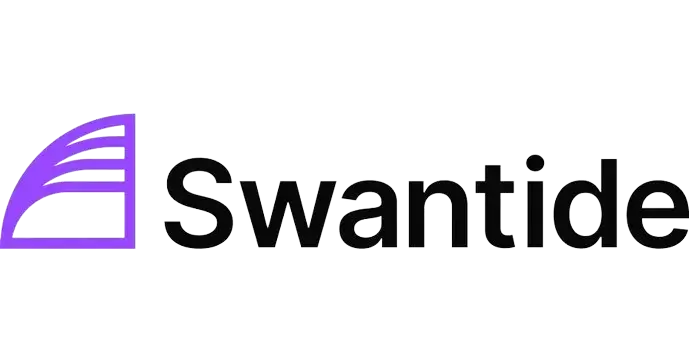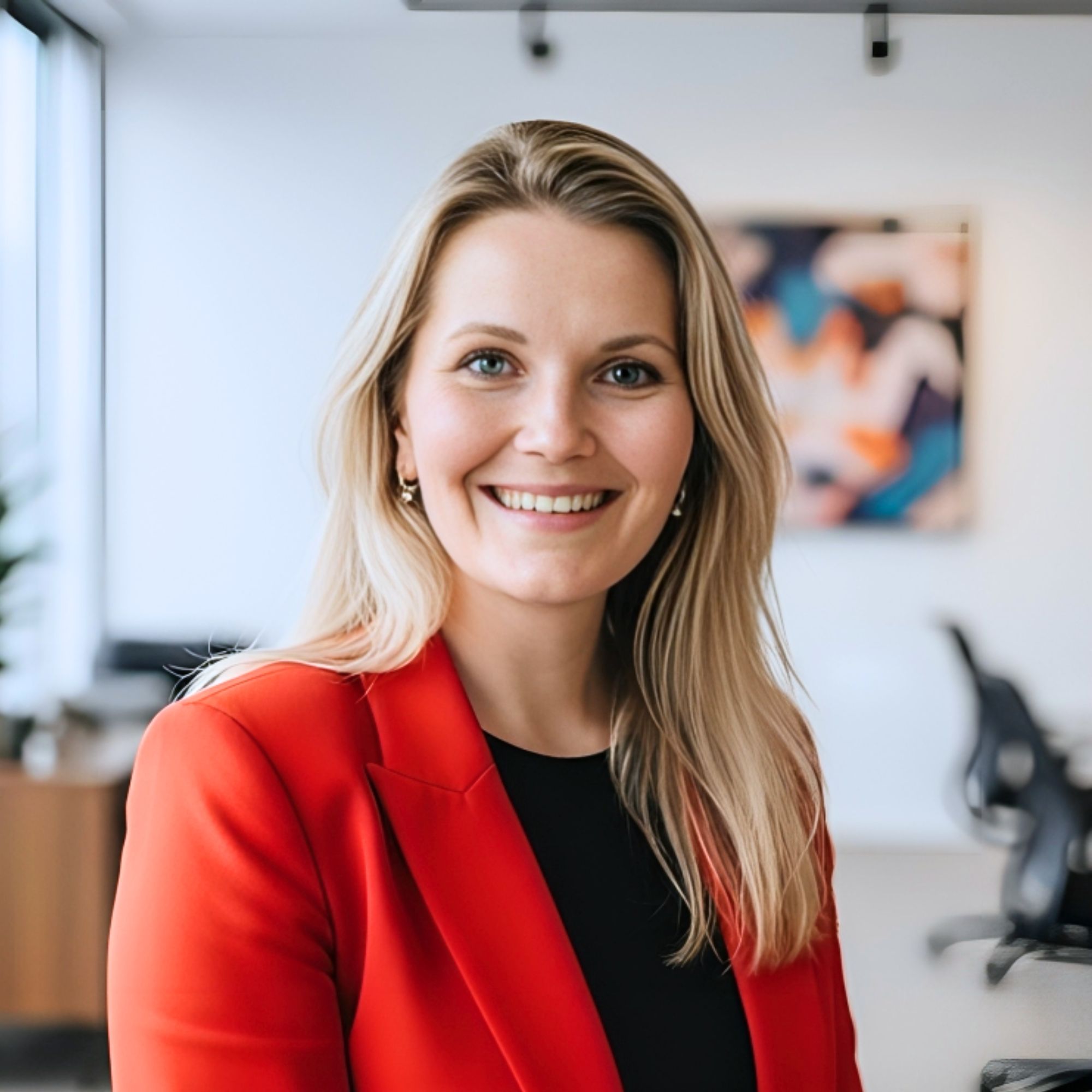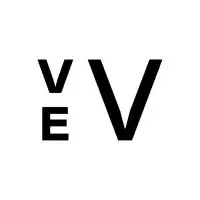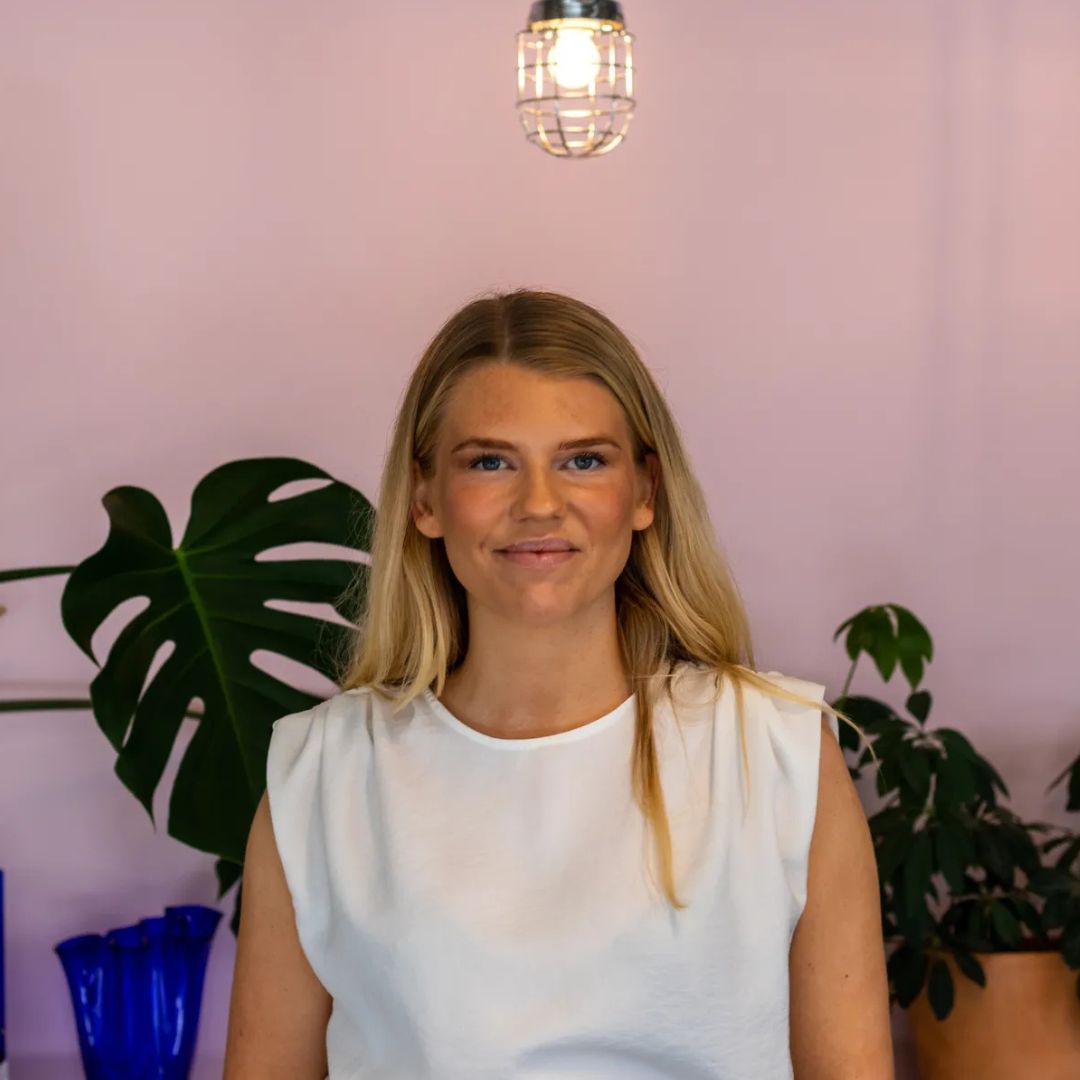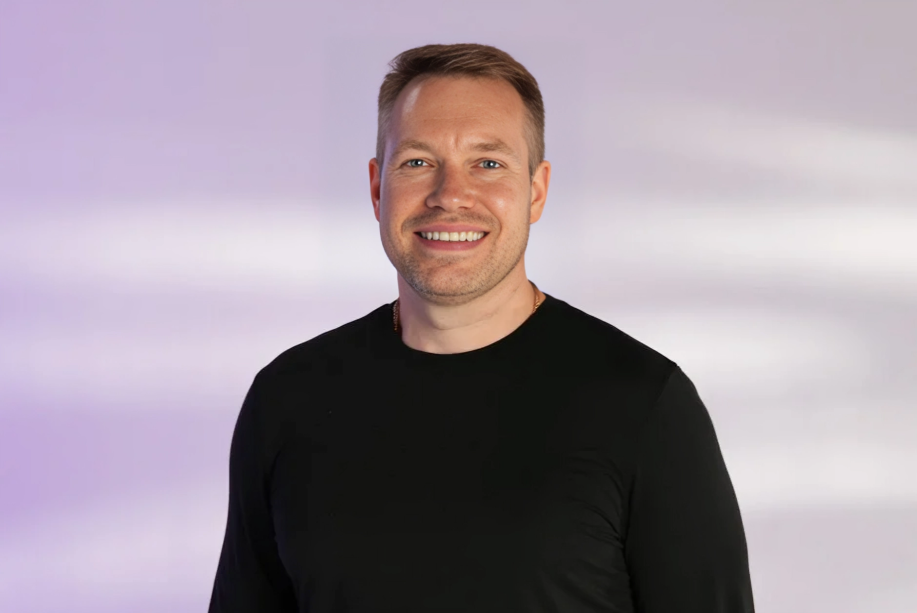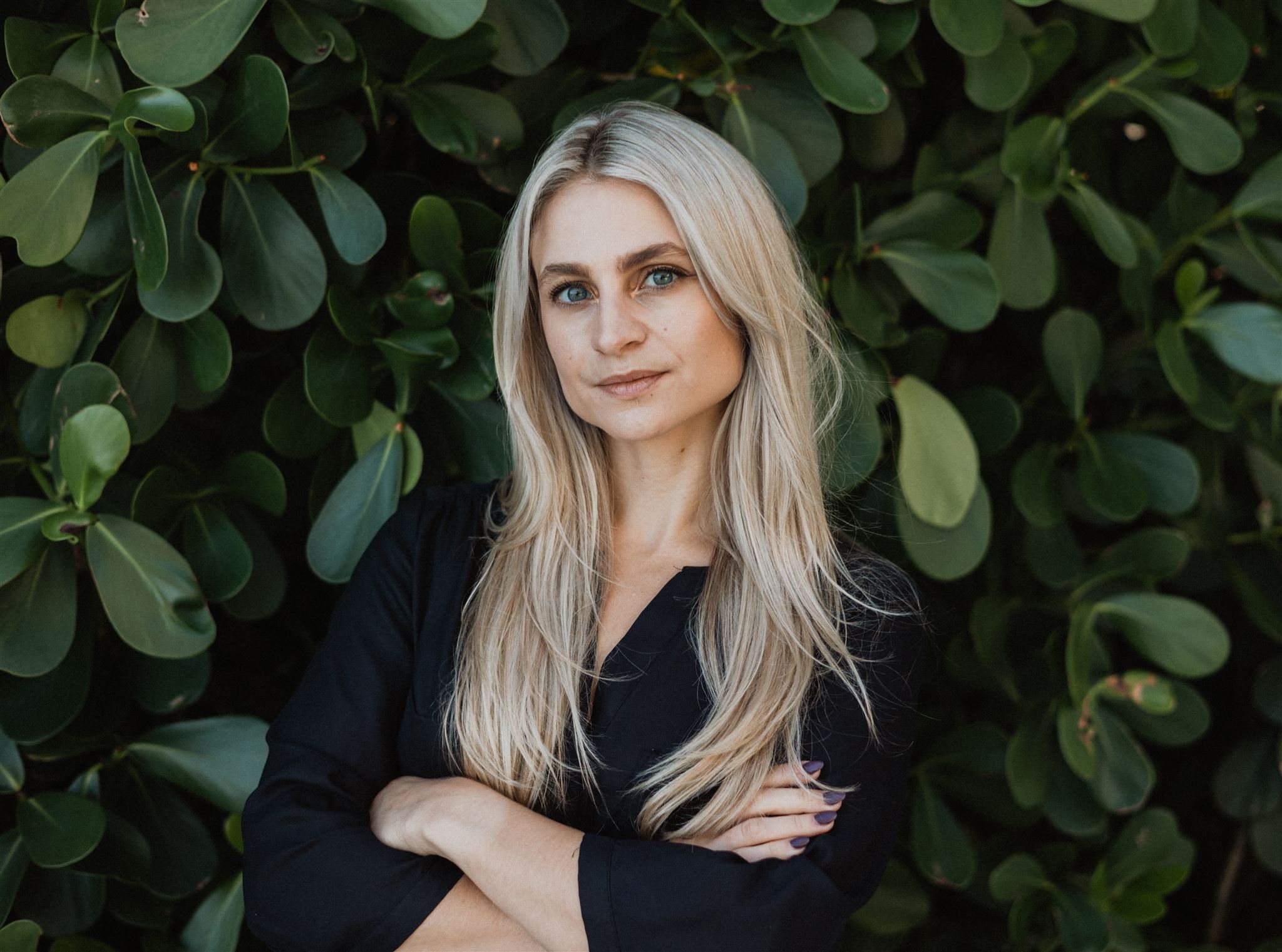Ready to build your own Founder-Led Growth engine? Book a Strategy Call

Frontlines.io | Where B2B Founders Talk GTM.
Strategic Communications Advisory For Visionary Founders
Actionable
Takeaways
Co-create categories with platforms early:
Max successfully worked with G2 to establish the "value-based selling tools" category within six months by building genuine relationships with researchers and sharing market insights consistently. He explains, "I connected with different researchers... and just shared my thoughts. I didn't have actually any idea that they could be launching this category in the near future." B2B founders should proactively engage with category-defining platforms like G2 and Gartner by sharing authentic market observations rather than pushing for category creation.
Optimize for AI-powered buyer research:
Max discovered that prospects increasingly use ChatGPT and Perplexity to build vendor shortlists, and these tools reference G2 as a primary source. He notes, "If you are not there, if you're not existing in your category, it's going to be hard for ChatGPT to shortlist you." B2B founders should ensure their presence in authoritative databases and directories that AI tools commonly reference, as this represents a new channel for buyer discovery.
Build strategic advisory networks with equity + recognition:
Max created a "Star Path Collective" of advisors incentivized with equity shares and bottles of wine for successful referrals. His approach is refreshingly simple: "Just say, hey, we're trying to build this market... are you interested?" This generates warm introductions and ongoing strategic guidance. B2B founders should systematically identify potential advisors who are already bought into their vision and offer meaningful but not overcomplicated incentive structures.
Focus on mid-funnel conversion, not just top-funnel generation:
Max emphasizes that many companies obsess over lead generation while ignoring massive drop-offs in the middle stages. He explains, "You can solve everything around pipeline, but if you don't get your mid funnel right... you're also going to lose." B2B founders should analyze their CRM data to identify specific drop-off points and create targeted collateral and processes to address these conversion bottlenecks rather than simply generating more leads.
Leverage customers as category evangelists:
Max's most successful content and growth strategies center on customer stories and insights. He advises, "The customers are the best people to tell a story about what they have achieved with your product." Rather than creating generic thought leadership, B2B founders should systematically capture and amplify customer transformation stories, which serve dual purposes of social proof and category education.
Maintain founder-led sales longer with AI augmentation:
Max continues doing founder-led sales while building scalable processes, noting that AI tools enable small teams to maintain high personalization at scale. He believes this approach is more sustainable than rushing to hire sales teams. B2B founders should consider extending their founder-led sales phase by leveraging AI and automation tools rather than defaulting to rapid sales team expansion.
Conversation
Highlights
From Product Manager to Category Creator: How Max Elster Built Minoa’s $2.7M Value Intelligence Platform
Product managers know the frustration intimately. You build incredible functionality, ship game-changing features, and watch as your go-to-market team struggles to translate technical capabilities into compelling customer narratives. The disconnect between what you build and how it sells becomes a costly friction point that kills deals and stunts growth.
Max Elster lived this reality as a product manager at CSP Co, splitting time between offices in Zurich and Berlin. In a recent episode of Category Visionaries, Max shared how this everyday frustration became the foundation for Minoa, his $2.7 million value intelligence platform that’s reshaping how B2B companies approach sales conversations.
The Genesis of a Value Intelligence Platform
The problem Max identified wasn’t just operational—it was fundamental to how B2B companies think about selling. “One of the big problems I saw was that there’s a big disconnect between everything that we’re building in product and go to market as a whole,” Max explained. “We built all the functionality, but we had to somewhat convert it into a language that customer success managers, sellers, and everybody on the go to market team could understand.”
This translation challenge runs deeper than marketing copy or sales training. It touches the core of how businesses communicate value. “Customers, whether it’s a mid market or an enterprise company, they don’t just buy feature and functionality, they want to buy an outcome to their business,” Max noted. “They want to increase their revenue, they want to save cost, they have certain risk exposures that they’re interested to improve.”
Minoa emerged as Max’s solution to bridge this gap. The platform helps go-to-market teams first understand their value framework, then enables every team member—from customer success managers to sales engineers—to build personalized business cases that translate features into business outcomes.
The Strategic Art of Category Creation
While many founders stumble into category creation accidentally, Max approached it with intentional relationship-building. His strategy with G2 reveals how authentic engagement can accelerate category establishment.
“I continuously talked about it. I connected with different researchers that I’ve kind of noticed that were G2 researchers talking about the importance of pre sales tools in general and just shared my thoughts,” Max recounted. “I didn’t have actually any idea that they could be launching this category in the near future.”
The key insight: Max wasn’t pushing for category creation. Instead, he was sharing genuine market observations from his weekly conversations with revenue leaders and sales engineering teams. “I shared my personal story of what I’m seeing every single week of talking to revenue leaders, SE leaders and kind of basically reflected it back to them.”
This approach paid off remarkably quickly. Within six months, G2 launched the “value-based selling tools” category with Minoa as one of the founding companies. But Max discovered something even more significant about modern buyer behavior during this process.
The AI-Powered Buyer Research Revolution
As Minoa grew, Max uncovered a fundamental shift in how prospects discover and evaluate vendors. “What I’ve been noticing in the past few couple months or so is that people are actively going into kind of different LLMs to shortlist different vendors to see which kind of problems do they have and how can tooling actually help and then make a decision.”
The implications are profound for B2B companies. “ChatGPT and others, they do actually reference G2 as part of their sources, right? So if you are not there, if you’re not existing in your category, it’s going to be hard for ChatGPT to shortlist you.”
This discovery positioned Minoa ahead of a massive shift in buyer behavior. Companies that haven’t established their presence in authoritative directories and category definitions are becoming invisible to AI-powered research tools that prospects increasingly rely on for vendor discovery.
Building Strategic Advisory Networks Without Complexity
One of Max’s most effective growth strategies centers on building what he calls the “Star Path Collective”—a strategic advisory network that generates warm introductions and ongoing guidance. His approach reveals how founders can leverage relationships without overcomplicating the process.
“Don’t overcomplicate it,” Max emphasized. “There are a lot of great leaders out there that want to help startups and that want to help people, especially young people, to be successful. Leverage that for your own benefit.”
The process is refreshingly straightforward: “Just say, hey, we’re trying to build this kind of market, we’re trying to build this company. These are the challenges we have. We want to bring on board good and the right people that are interested in helping us. And we thought you could be a great fit and are you interested?”
Max incentivizes advisors with equity shares and sends bottles of wine when prospects convert to customers. But the real value comes from the authentic connections. He shared an example of a prospect who ultimately joined another company but became an advisor because “it’s basically his personal mind that he wrote down in different mind maps productized in a product that we’re building that he wants to be on board.”
The Mid-Funnel Optimization Revelation
While most B2B companies obsess over lead generation, Max identified a more critical bottleneck that’s costing deals at scale. “You can solve everything around pipeline, but if you don’t get your mid funnel in the right words, like working like, you’re also going to lose.”
This insight challenges conventional wisdom about sales optimization. “A lot of companies try to focus on the top funnel, just try to generate more leads, but they see that they have massive drops through the mid to later stages of the funnel.”
The problem occurs in that crucial middle phase where buyers must advance deals internally. “The buyer sits on the other side and they love the demo, they love you as a person when they talk to you and they really enjoy those conversations. But then the midst of the funnel, when it gets a little more complex and they have to advance internally, drive additional decisions, make sure that the buying committee on how many people they are going to be they on board they want to pursue as well, that’s oftentimes where deals get lost.”
Max’s solution involves analyzing CRM data to identify specific drop-off points and building targeted collateral to address these conversion bottlenecks. It’s a more surgical approach than simply increasing top-funnel volume.
Customer-Driven Category Evangelism
Rather than creating generic thought leadership content, Max discovered that customer transformation stories serve dual purposes of social proof and category education. “The customers are the best people to tell a story about what they have achieved with your product,” he explained.
This approach has generated tangible results. Max shared how one customer initially had a 10-person solution engineering team handling demos and solution scoping. Through Minoa’s platform, “the ultimate goal was every single AE in the company should be able to build a business case at scale for every single opportunity.”
The transformation was measurable: “That led to kind of higher win rates, faster basically deal closures because people on the other side, on the customer side, were able to finally understand, okay, I get it from a feature perspective, but what is the value that you’re delivering to me?”
Extending Founder-Led Sales in the AI Era
While conventional wisdom suggests scaling companies should rapidly build sales teams, Max advocates for extending founder-led sales phases using AI augmentation. This approach aligns with current market conditions favoring efficiency over rapid expansion.
“I still do very much enjoy founder led sales and building the playbook as we speak,” Max shared. “I’m working with one person on our team to kind of make sure that we follow the right playbooks and we document a lot of the stuff that we’re building.”
His reasoning reflects a broader shift in B2B sales strategy: “You don’t need more than that, especially in this time of kind of utilizing different tools and AI software.”
The Future of Personalized B2B Sales
Looking ahead, Max envisions a fundamental transformation in how B2B companies approach go-to-market strategies. “I think where I think go to market will go towards is a high degree of personalization. Everybody within a company will become a subject matter expert on their specific vertical, on their specific market and will be able to personalize at scale.”
This vision addresses a core limitation in current B2B sales processes. “It’s very hard to personalize at scale for every single company and I think that’s just going to be fascinating to see when there’s a high degree of personalization for every single touch point in the go to market journey.”
The broader implication extends beyond sales efficiency. As Max noted, “As technology and product building will become easier and easier… it’s going to be much harder to differentiate and there’s going to be a bigger conversation about where do you actually build in differentiation layers.”
Lessons for B2B Founders
Max’s journey from frustrated product manager to category-creating founder offers several actionable insights for B2B founders navigating similar challenges:
First, the importance of solving authentic problems you’ve personally experienced rather than theoretical market opportunities. Second, the power of building genuine relationships with category-defining platforms through consistent value sharing rather than aggressive positioning.
Third, the need to optimize for AI-powered buyer research by establishing presence in authoritative directories and databases. Fourth, the value of strategic advisory networks built through simple, honest outreach rather than complex incentive structures.
Finally, the critical importance of mid-funnel optimization over pure lead generation volume, and the effectiveness of customer-driven evangelism over generic thought leadership.
As the B2B landscape continues evolving toward AI-powered personalization and value-based selling, Minoa’s approach to bridging the product-to-market translation gap positions the company at the center of a fundamental shift in how businesses communicate and capture value.
For founders facing similar product-to-market disconnects, Max’s journey demonstrates that the most sustainable solutions often emerge from the most persistent operational frustrations.

